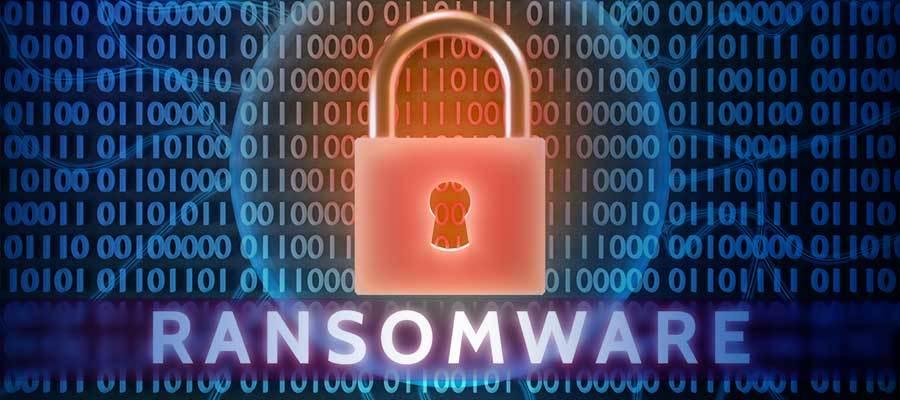HHS releases update on ransomware threat to health care sector

The Department of Health and Human Services’ Health Sector Cybersecurity Coordination Center (HC3) Friday alerted the sector to the latest tactics used to launch MedusaLocker ransomware attacks.
“MedusaLocker is another example of a Russia-based ransomware gang targeting U.S. health care and risking patient safety,” said John Riggi, AHA’s national advisor for cybersecurity and risk. “Although phishing emails play a significant role in delivering the ransomware into the organization, HC3 notes that this group, like other ransomware gangs, is increasing exploiting remote desktop protocol (RDP) vulnerabilities for initial access. The advisory recommends that organizations not expose RDP to the internet and put in place the recommended mitigations.”
For more information on this or other cyber and risk issues, contact Riggi at jriggi@aha.org. For the latest cyber and risk resources and threat intelligence, visit aha.org/cybersecurity.

